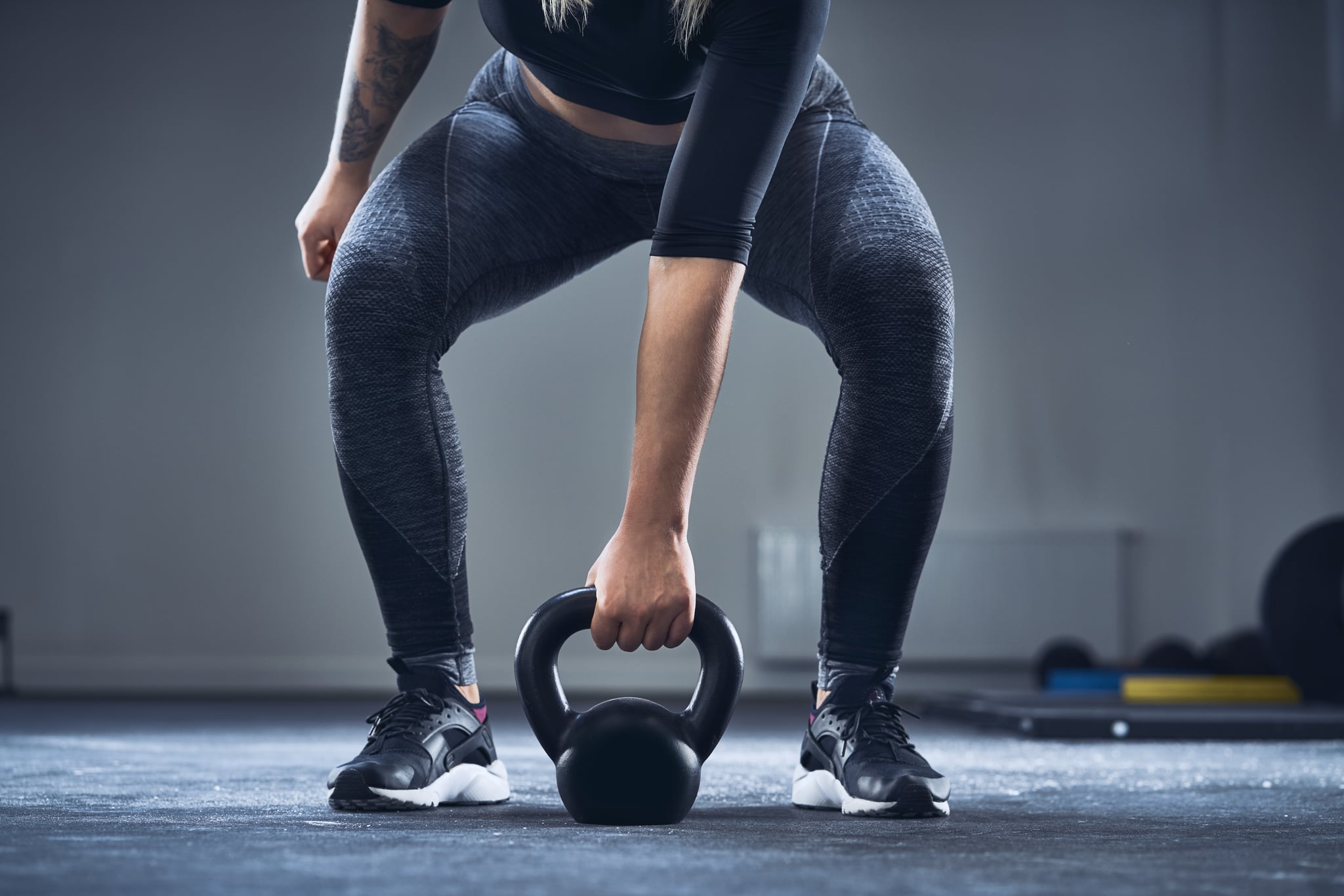
As a general rule, when you're trying to lose weight, you have to eat in a calorie deficit [1], or take in fewer calories than you burn. But what happens when your goals also include building lean muscle? After all, gaining muscle can help you burn more calories and fat [2], reduce your risk for injury, and notice a difference in how your clothes fit [3] before you even see a change on the scale. The question is, can you build muscle while you're in a calorie deficit? POPSUGAR asked a registered dietitian and personal trainer, and the answer, it turns out, is complicated at best.
"If you are looking to gain muscle [4], you will need to eat the correct number of calories to refuel and replenish the muscles after resistance training," Nicci Robinson [5], an ACE-certified personal trainer with Fit Body App [6], told POPSUGAR. When you're not properly fueling your body [7], Robinson says you might actually lose muscle instead of building it.
So, how much should you eat? That depends on a number of factors, including your age, height, weight, and activity level, but a good place to start is by calculating your resting metabolic rate [8], which is the number of calories your body needs to function. Think of it as the energy needed to keep the lights on, with the lights being your breathing, heart rate, digestion, and so on. Once you have your resting metabolic rate, you can use that to determine how many calories you'd need to eat to be in a calorie deficit or a calorie surplus. In order to support muscle growth, it's recommended that you eat a surplus of 300 to 500 calories [9] per day.
Of course, that means that it can be difficult — if not impossible — to gain muscle while eating in a calorie deficit [11]. However, Michelle Wong [12], RD, an NASM-certified corrective exercise specialist, performance enhancement specialist, and personal trainer at Life Time [13], explained that both weight loss and muscle gain are so highly individual that it's best to consult with a registered dietitian and certified fitness professional to talk about your specific body and goals.
These experts can not only help you determine how much you should eat, but also where you should get those calories. "Muscles are comprised of water, protein, fat, and glycogen," Wong told POPSUGAR. When you work out, your muscle fibres break apart, and food is what puts them back together. If you want your muscles to come back bigger and stronger, Wong says protein is key. "Without enough protein, not only are you at risk for potentially losing muscle, but you are definitely not able to gain muscle," she explained.
Wong added that the recommendation is typically one gram of protein per pound of bodyweight. "We start with a macronutrient distribution that includes 30 percent protein, assess regularly, and make adjustments based on the person," she said. To put that into perspective, "if [you] start with a hand-sized portion of protein at each meal, coupled with a proper strength training plan, that should be a good starting point," Wong said. "Most people's hands are proportionate to the rest of their bodies, so this is a good baseline from which to start." But again, it's best to work with a pro than go it alone, so talk to an RD.
